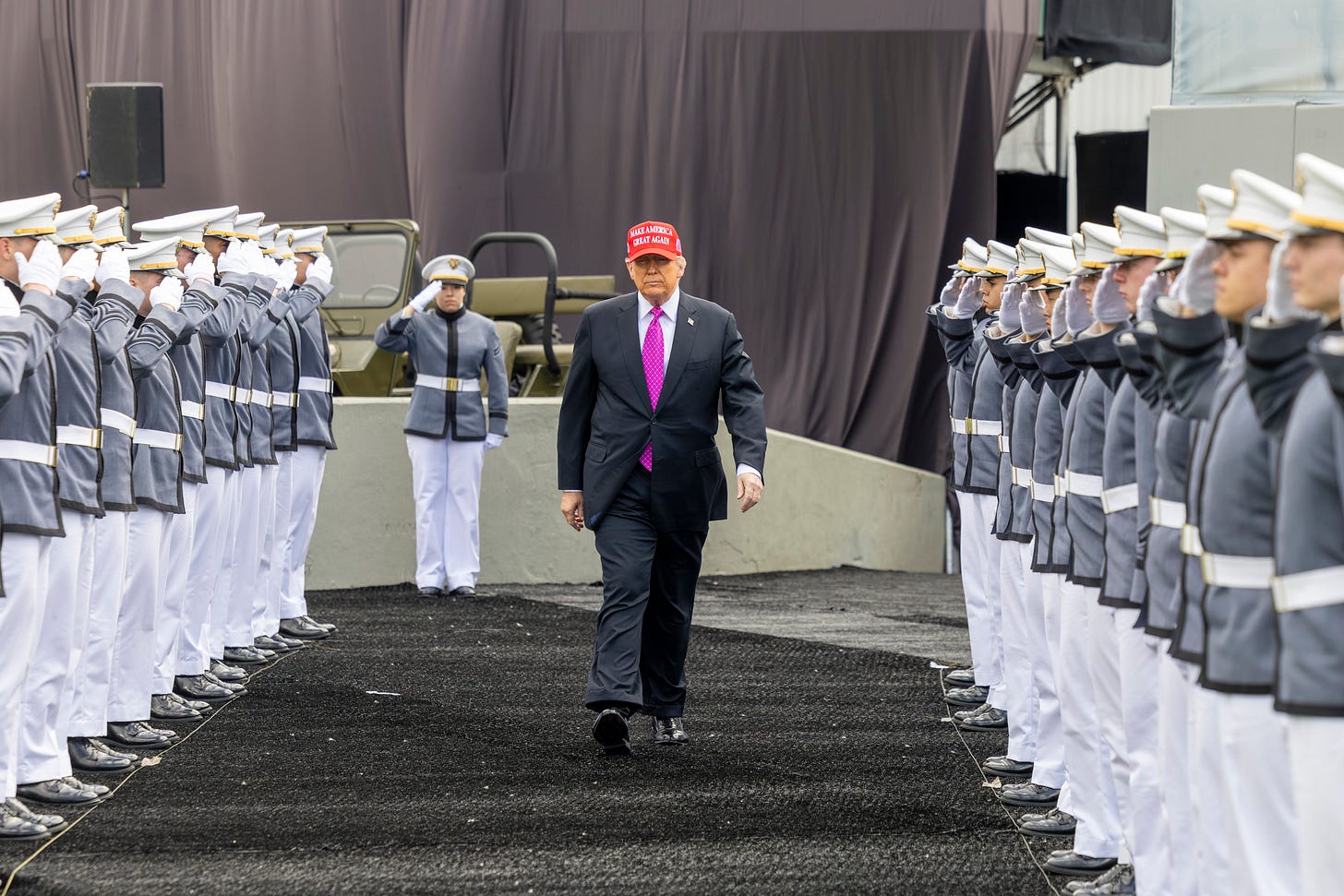Could Trump Actually Make a Deal Without Ukraine?
Ukraine could always say, “Nah bro, we’re good. Thanks, but no thanks,” to any unfavorable deal that gave away huge swaths of land to Putin. But would they?
Let’s answer the title question right up front: Trump has no legal power or authority, on paper, to force another sovereign nation to accept any terms it doesn’t want to accept.
When Russia launched its full-scale invasion of Ukraine in 2022, I remember being oh so proud to be an American living in a country that gave so generousl…




